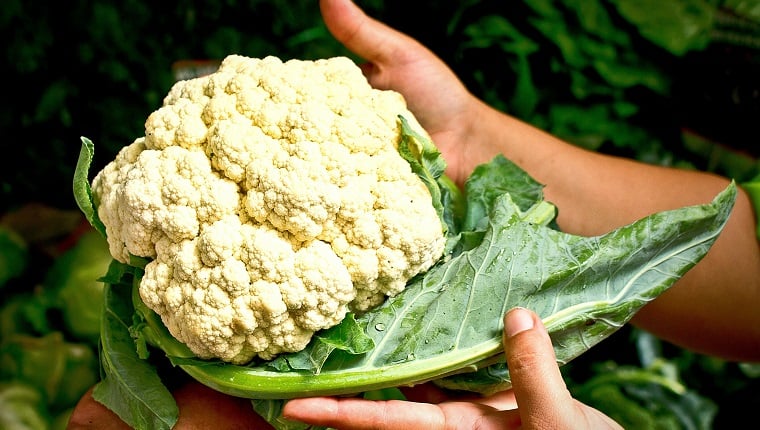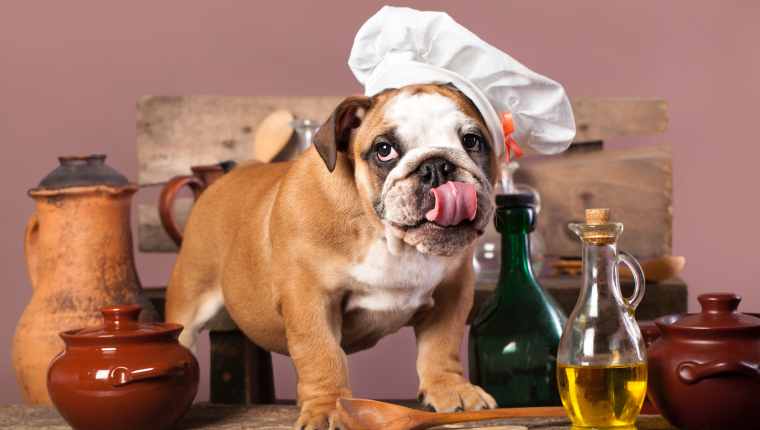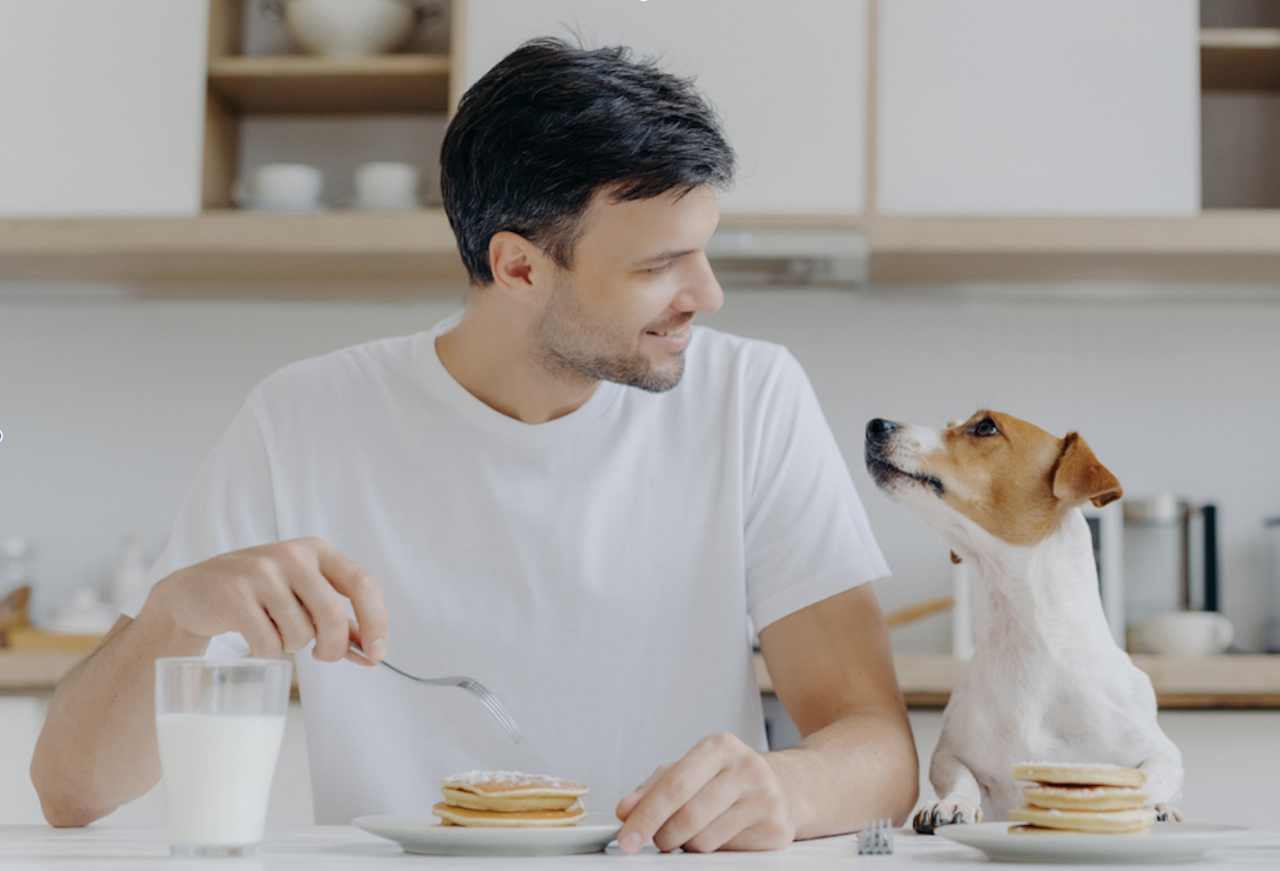Crate training your dog: everything pet parents should know
Speak! How to teach your dog to bark on command
Can Cats Eat Pasta?
Who doesn’t love a full bowl of pasta? Pasta is quite possibly one of the most popular starchy comfort foods and is a weekly staple in most households. But does your cat also enjoy some macaroni or linguine with you every now and then?
According to experts – maybe. Italy is safe for many cats to taste once in a while. However, as with most human foods, there are some safety concerns you should consider (and keep in mind the potential dangers) before feeding pasta to your cat.
Can Cats Eat Pasta?
Like many foods that your pet may be interested in, pasta is not dangerous in itself, but the way it is made. The basic ingredients of pasta – flour, water, and eggs – are usually eaten by cats. Since pasta has a soft texture, its shape doesn’t matter either, so whether you prefer spiral noodles or linguine, your cat can try it with confidence.
That being said, while the ingredients in pasta won’t cause any major health problems for your cat, they also don’t provide much nutritional value. Cats are carnivores, so they should get most of their food nutrients from protein sources such as fish or chicken. In fact, protein deficiency is a serious condition that can lead to dangerous health problems in cats, which is why if you’re going to give your kittens human food, you may want to supplement their diet with healthier, more nutritious options like salmon, fruits and vegetables, and even certain types of cheese.
While cereals do be found in many cat foods (and dog foods), these ingredients only add bulk and stickiness to the food and do not provide any significant nutritional value to our four-legged friends. Pasta also lacks important vitamins and minerals that felines (and their humans) need on a daily basis.

The Dangers of Pasta for Cats
But while pasta isn’t necessarily “good” for your cat, eating a little once in a while certainly won’t hurt him or her, as long as the pasta is plain and not coated with any tomatoes. or cream sauce (which may be too sour or creamy to be high in fat), butter, or any other ingredient. Some of the ingredients contained in many pasta, such as garlic, onions, or salt, can be toxic to cats and dogs, so you definitely don’t want to share restaurant-prepared pasta. Anything rich in salt, sugar, fat, and additives won’t be good for your cat, including pasta and its toppings.
Another type of pasta to avoid is any pasta that has already been processed (such as spaghetti), as well as instant noodles that contain sodium. Cats can’t tolerate large amounts of sodium, so eating salty or processed noodles can have serious consequences for your kitten.
There are other dangers associated with eating pasta in cats, including an increased risk of obesity and other weight-related problems. Some cats may have difficulty digesting pasta, which can lead to gastrointestinal issues such as diarrhea. Cats may also be allergic to wheat, in which case they should definitely wean themselves out of pasta and any other starchy staples.
How to Safely Feed Pasta to Cats?
Always consult with a veterinarian before feeding your cat pasta or other human food, as each cat has unique health needs and a veterinarian can advise on whether it is safe to share pasta with a cat. If the veterinarian agrees, give the cat a bite or two first to see how it reacts. If your cat shows any signs of digestive problems or other health problems, avoid feeding your cat pasta again. If your cat seems to be fond of pasta, remember that they should only be fed a small amount of pasta once in a while – this should definitely not be part of their daily diet.
Another thing to keep in mind is that raw pasta should never be served to cats. Their bodies do not have the ability to digest raw noodles, and if their paws happen to come into contact with dry noodles, it is likely to cause digestive discomfort. If your cat is exploring your countertop while you are cooking dinner and accidentally eats some dry pasta, contact your veterinarian for guidance and keep an eye out for any symptoms of an upset stomach.



